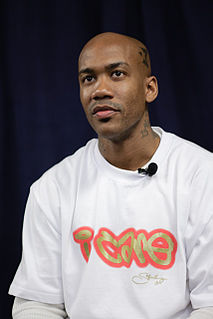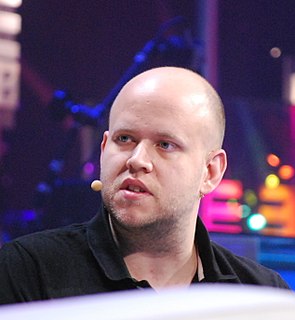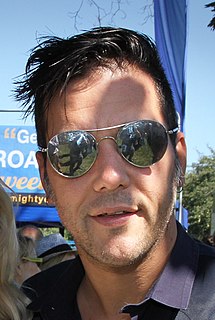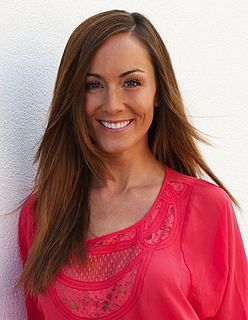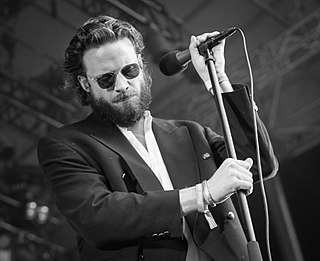A Quote by Stephon Marbury
When I was younger, I had a different disposition as far as how I wanted to live life.
Related Quotes
I had a lot of things I wanted to do... I want to be a teacher...I also want to be an astronaut...and also make my own cake shop...I want to go to the sweets bakery and say "I want one of everything", ohhhh I wish I could live life five times over...Then I'd be born in five different places, and I'd stuff myself with different food from around the world...I'd live five different lives with five different occupations...and then, for those five times...I'd fall in love with the same person.
I went to the woods because I wished to live deliberately, to front only the essential facts of life, and see if I could not learn what it had to teach, and not, when I came to die, discover that I had not lived. I did not wish to live what was not life, living is so dear; nor did I wish to practise resignation, unless it was quite necessary. I wanted to live deep and suck out all the marrow of life, to live so sturdily and Spartan-like as to put to rout all that was not life, to cut a broad swath and shave close, to drive life into a corner, and reduce it to its lowest terms.
